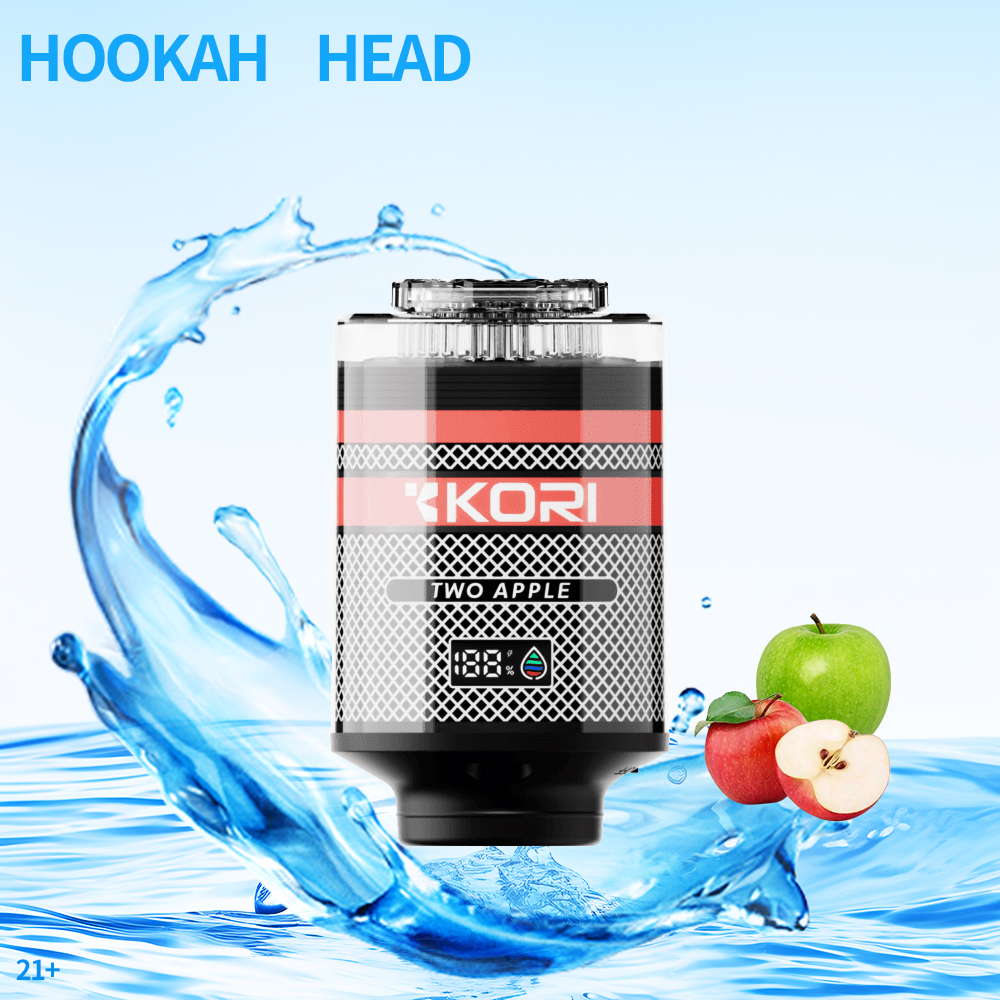Do Vape Shops Sell Cigarettes? Unpacking the Myths and Facts
In recent years, the popularity of vaping has skyrocketed, leading to the emergence of numerous vape shops across the globe. As these establishments become more commonplace, questions arise surrounding their products and the overall landscape of tobacco sales. One of the most pressing questions is: do vape shops sell cigarettes? This article delves into this query, dissecting the relationship between vape shops and traditional tobacco products, while also examining the changing habits of consumers, regulations governing sales, and the implications of vaping culture in today’s society.
Understanding Vape Shops
Vape shops primarily focus on selling vaping products, including e-cigarettes, vape pens, vape juices, and related accessories. These establishments typically cater to individuals looking to either switch from traditional tobacco cigarettes to vaping or to enjoy the various flavors and experiences that vaping has to offer. The VIP lounge vibe they exude and the array of exotic flavors and products create an atmosphere distinct from that of traditional tobacco retailers.
The Product Offerings
Most vape shops are stocked with a plethora of products designed for the vaping community. This includes:
- E-cigarettes: Battery-operated devices that simulate the act of smoking by creating an aerosol that users inhale.
- Vape Mods: Customizable electronic devices that allow users to manipulate settings such as voltage and temperature.
- E-liquids: These are the liquids used in vaping devices, available in numerous flavors and varying concentrations of nicotine.
- Accessories: Items such as replacement coils, batteries, chargers, and specialized tools for maintaining devices.
Do They Sell Cigarettes?
The short answer to the question that looms large in consumer minds is: generally, no, vape shops do not sell traditional cigarettes. The primary objective of these venues is to provide alternatives to conventional smoking. However, there can be exceptions. Some vape shops may choose to carry cigarettes alongside their other offerings, especially if they are in locations where the market demands them or there are consumer requests.
There are several reasons why many vape shops refrain from stocking traditional cigarettes:
- Brand Identity: Vape shops often aim to establish themselves as a lifestyle choice in contrast to traditional smoking. Carrying cigarettes could dilute this message.
- Health Considerations: The vaping community often promotes vaping as a less harmful alternative to smoking, making cigarette sales contradictory to their brand ethos.
- Market Focus: As the market shifts towards non-combustible products, vape shops may choose to align with this trend, emphasizing innovation over traditional methods.
Exploring Consumer Habits
The transition from smoking to vaping has been a focal point of discussion in public health circles. Surveys indicate that a significant percentage of smokers have considered switching to vaping primarily due to perceptions of reduced harm and a more pleasurable experience. Many former smokers report that the flavorful options and absence of tar and other harmful constituents typically found in cigarettes make vaping an attractive alternative.
Consumer behavior is evolving, with younger individuals gravitating towards vaping over traditional smoking. This demographic shift plays a crucial role in shaping the offerings of vape shops, pushing them to innovate and cater to the preferences of a market that is increasingly health-conscious.
Legal Regulations and Compliance
Regulations surrounding the sale of tobacco products, including e-cigarettes, vary widely from region to region. In some areas, strict guidelines govern who can sell tobacco products, how they can be marketed, and where they can be sold. In particular, many jurisdictions have enacted measures that limit the advertising of traditional tobacco products in places where younger consumers frequent.
In the United States, for instance, the Food and Drug Administration (FDA) oversees the regulation of e-cigarettes and vaping products. Under the FDA regulations, vape shops must adhere to age restrictions and may face penalties for non-compliance. While selling cigarettes may not be outright prohibited, the added scrutiny and regulatory challenges may deter many vape shop operators from including them in their inventory.
Implications for the Vaping Industry
As the vaping industry continues to grow, vape shops find themselves at a crucial crossroads. The rise of vaping has undoubtedly created a movement towards alternative nicotine delivery methods, leading to consumers seeking out more innovative products. The relationship between cannabis and nicotine consumption is also evolving, with many vape shops expanding their offerings to include cannabis oils and devices. This increasing complexity suggests that vape shops may need to adapt continually to market demands while staying compliant with local regulations.
Consumer Recommendations
For individuals exploring the world of vaping, it’s essential to understand the differences between traditional cigarettes and vape products. Here are some recommendations:
- Research: Before purchasing any products, do thorough research on different brands and their reputations.
- Seek Quality Products: Always choose high-quality products from reputable shops to ensure safety standards are met.
- Consult Experts: Engage with staff at vape shops for guidance on product selection and usage techniques.
- Stay Informed: Keep abreast of current guidelines and regulations concerning vaping and tobacco products in your area.
Final Thoughts
The dynamic landscape of vaping and its relationship with traditional cigarette sales raises numerous questions about health, consumer habits, and regulations. While most vape shops do not sell cigarettes, the complete picture is more nuanced, with a mix of product offerings that responds to consumer demand and regulatory environments. In understanding this context, both new and seasoned consumers can navigate the world of vaping more proficiently.





